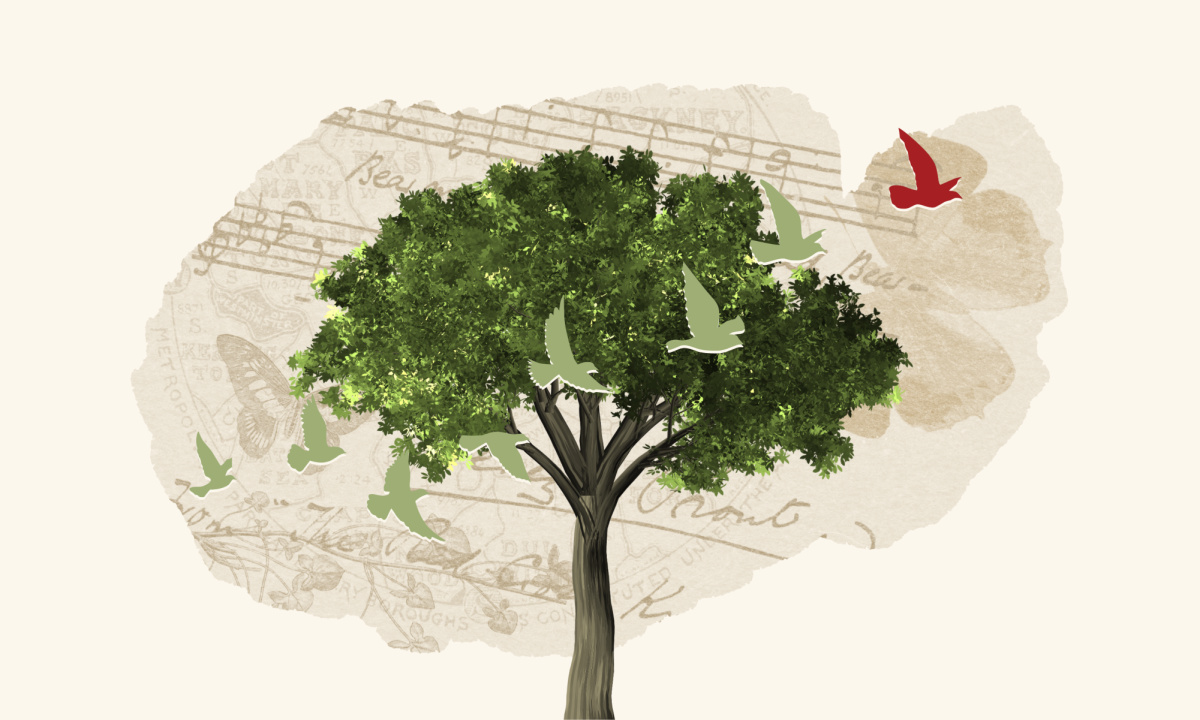“The sedge has withered from the lake, and no birds sing.”
Environmentalist and writer Rachel Carson quotes this line from a poem by John Keats in her monumental 1962 book “Silent Spring.” I see Carson as a figure who stands unchanging and dignified, despite surrounding detonation. In her lifetime, Carson breathed the air of environmental justice with every exhale. She should be remembered as the bedrock that holds the ground in place, despite leaching chemicals and landing exploding grenades.
Born in 1907 in Springdale, Pennsylvania, Carson was a female trailblazer in the environmental movement. She attended the Pennsylvania College for Women, now Chatham University, studying zoology and genetics.
The Great Depression prevented her from further pursuing her doctorate, as she had to work full-time to support her family. However, in 1936, Carson became the second woman to be hired by the U.S. Bureau of Fisheries. Nine years later, in 1945, her supervisor encouraged her to climb higher and seek better opportunities, as her work was incredibly impressive.
But there were extremely few jobs for natural scientists at the time, since nearly all money was devoted to nuclear warfare in the wake of the Manhattan Project. That same year, Carson learned of dichlorodiphenyltrichloroethane — DDT — a horrifically harmful pesticide. Nicknamed the “insect bomb,” DDT was used as an insecticide for soldiers and is the central topic of “Silent Spring.”
April 14 will mark 61 years since Carson’s passing. In 2025, decades after her death, we again find ourselves surrounded by so much conflict and uncertainty. I like to think that the air of justice is still out there and something that’ll never go away. It is the same tugging and tightening in the airways that Carson felt when she awoke, and no birds sang.














































